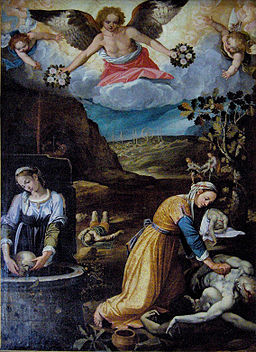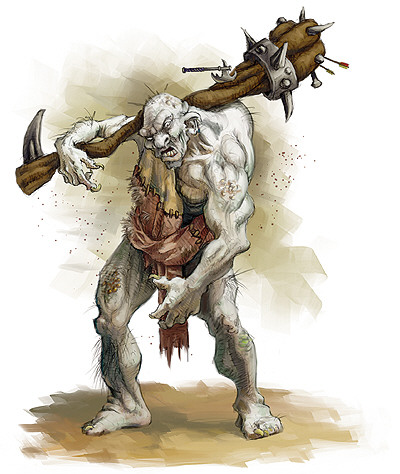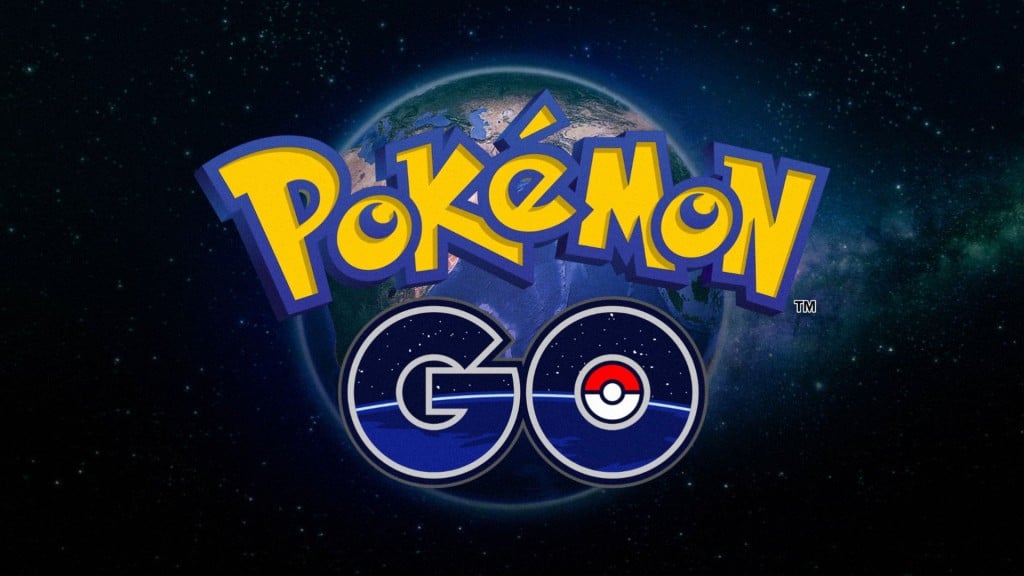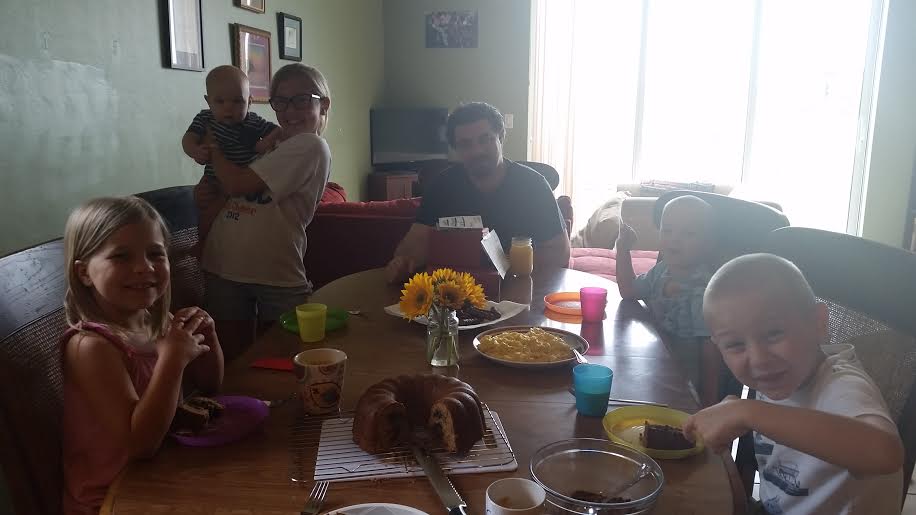
I saw a still-shot of the video, which I won’t watch — although I’m starting to wonder if maybe I should rethink that — but the picture was of the sea, now full of their blood. The whole damn thing seems so apocalyptic, and it feels like things are speeding up, doesn’t it? Like Evil has its day, is fomenting chaos everywhere, and while everyone (except us) is running around trying to put out the small fires, the conflagration is being prepared.
The big things are just the framework. Everything else, from 50 Shades of Grey and amnesty outrage to facebook feeds and conversations with neighbors reflects an atmosphere of fractured unease. It makes everything I try to write seem trite, and writing something trite in response to it — like I did yesterday — felt less like whistling in the dark and more like sticking my head in the sand.
But not writing at all is making me feel locked up and anxious, a prisoner of my own thoughts. So I’m writing, even though I know that someone will surely admonish me to get my meds adjusted, call my therapist, try some yoga, or just chill the eff out. All of which is well and duly noted, but at the end of the day I’m a writer, so I write.
Lent is upon us. Tomorrow we go to be marked with ashes, and to remember anew that we are all marked for death. “Remember man, that thou art dust, and unto dust thou shalt return.” I’ll never forget the first Ash Wednesday of my life, when I carried my infant daughter in my arms to receive the ashes. I was shocked, angry, when they marked her with ashes as well. How dare they mark my baby with ashes and speak of her death! She’s brand new, and beautiful, and life itself! After Mass, I scrubbed the ashes off her forehead with the palm of my hand. They seemed ominous, and it frightened me in a way that ashes on my own head did not. I tried to banish them, as if the ashes were the shadow of death and could be scrubbed away by a mother’s hand.
Plain old temporal death awaits us all. We all must pay the ferryman. Some of us might go in a flame of heroic sacrifice, a martyrdom that grants us a place by the throne of Christ. But the glory of what comes after doesn’t extinguish the fear and pain of kneeling on a beach and feeling cold steel against your neck. The rest of us go less nobly, though not always less violently. A car crash, a shotgun blast, cancer, drowning, freezing, heart attack, even the ubiquitous flu. It’s always wrong and always violent, death. It always wrenches a beloved person out of life, and out of the lives of those left behind. It leaves behind a void that cannot be filled, because there could only ever be this one, this beloved. And she is no more. He is no more.
Redemption from everlasting death was bought for us with the blood of our martyred God. That is our hope, though at times it seems flimsy, mere words in the face of visceral loss. Still, we believe. We cling to the image of Christ on the Cross like a lifeline, like oxygen, like life itself. It is life, but life bought through suffering. Life bought through death.
Lent is a time to count to cost of that sacrifice, and to do penance for our sins which made it necessary. When I receive the ashes, I will think of the blood of the martyrs upon the water, and I will pray for mercy for us all. It isn’t much — in fact, it’s little better than nothing — but what else can I do? What else can any of us do?
And any action
Is a step to the block, to the fire, down the sea’s throat
Or to an illegible stone: and that is where we start.
We die with the dying:
See, they depart, and we go with them.
We are born with the dead:
See, they return, and bring us with them.
The moment of the rose and the moment of the yew-tree
Are of equal duration. A people without history
Is not redeemed from time, for history is a pattern
Of timeless moments. So, while the light fails
On a winter’s afternoon, in a secluded chapel
History is now and England.With the drawing of this Love and the voice of this Calling.
-TS Eliot, “Little Gidding“










